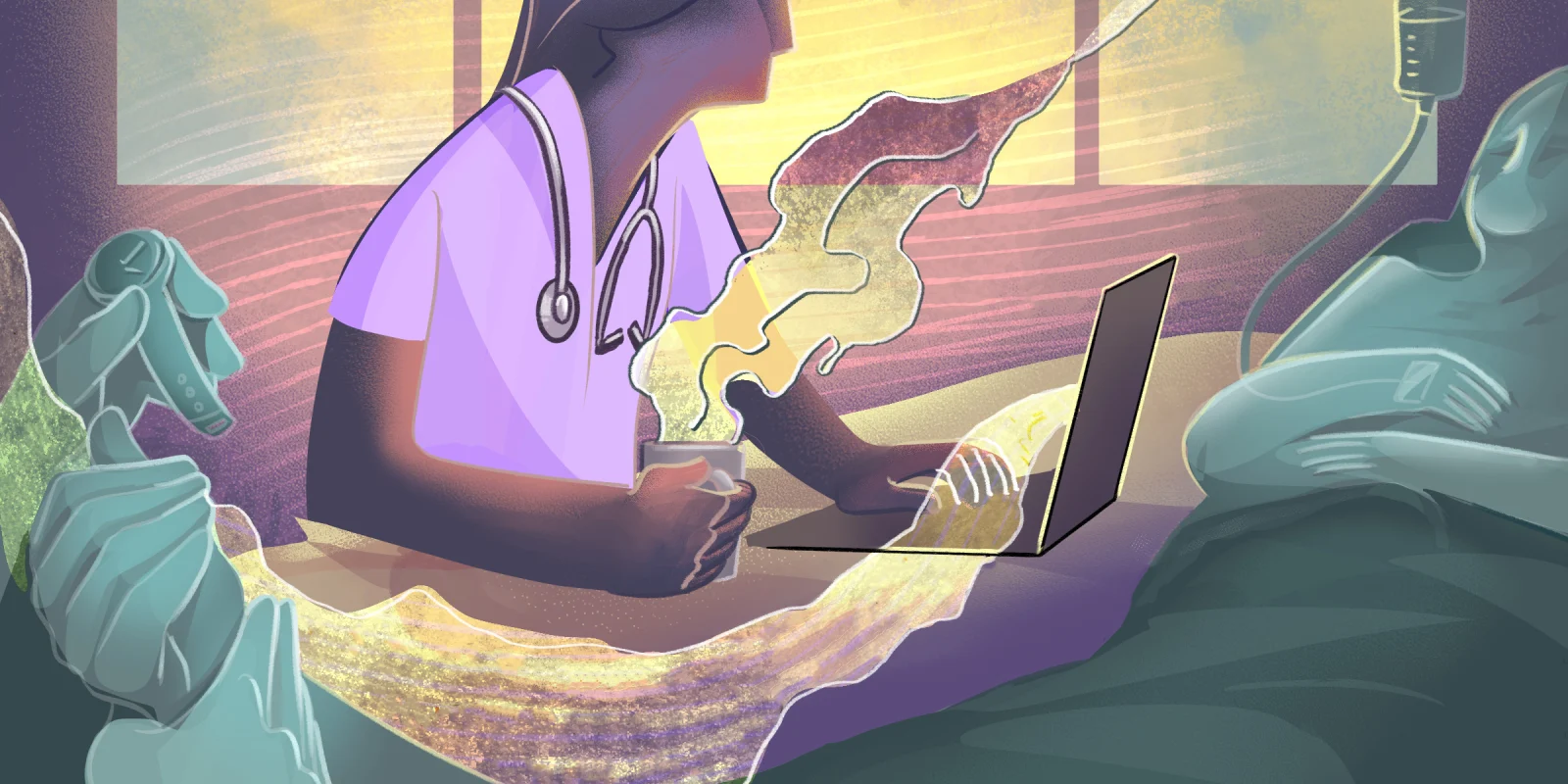For most physicians, the recertification process is a somewhat mundane series of fees, CME exams, and other bureaucratic details. For veteran doctors, especially, the process may seem rote, and something to get through without much thought. But imagine if we could transform the recertification process into something meaningful, insightful, and ultimately enhancing to our lives and our practices? Here is a modest proposal: for recertification, candidates need to write an essay with the same prompt many of us had when applying to medical school: Why I Want to Be a Doctor.
Of course, for recertification, the prompt would likely be better stated as “Why I Want to Continue Being a Doctor.” Imagine the soul searching moments each of us would experience. Instead of reviewing for yet another exam, we ask ourselves the fundamental question of why we want to continue practicing. Like renewing a marriage vow, it would stir long quieted emotions, forcing us to excavate the feelings we had so long ago, and acknowledge what still motivates.
For some of us, the answers may prove pragmatic — need for income, job security, social status. For some, the answers may be intellectual — lifelong learning, the challenge of problem solving, the fascination with medical science. For some, a sense of duty and altruism may be strong—the need to serve others, to be of value to society, to contribute to our communities. I suspect for many of us, all of these answers ring true.
Recertification is taken for granted as just another hurdle for professional status. Most specialty boards require recert about every 7-10 years. Proponents of the system cite the need for physicians to stay current and competent in treatment, techniques, and research. The practice of medicine is notoriously dynamic, and conscientious doctors must enhance their skills and knowledge.
It is not only the practice of medicine that continually changes. The practitioners of medicine, being human beings, change as well in that 7-10 year span. Circumstances may also differ: families and obligations grow, careers thrive or stall, job satisfaction can ebb and flow.
Yes, it would be annoying to force physicians to write an essay. It seems like just another burdensome task given by your specialty board. Besides, who would be in any position to “grade” such an effort? It would be near impossible to develop standards to meet such a specialty board requirement.
Think of this recertification essay as a unique “self-assessment” tool. Just as we take exams to assess our knowledge and competence, we can put down in words the reasons we want to continue practicing medicine. Imagine the introspection needed. There could be a rediscovery of passion and a recommitment. There could be reflection on a career’s transitions as well as trajectory. There could even be a self-imposed promise to remain faithful to professional oaths. After all, the goal of recertification is ultimately to improve patient care. When doctors reignite what motivated them in the first place, everyone benefits.
In reality, such essays would never come about as an option for recertification. That’s OK. But next time you are up for recertification, pause for a moment, and reflect on your younger self — that eager, naive self who told the world why you wanted to be a doctor. What were your reasons then? What are they now? If you can recall the “why,” you may see medicine and yourself in a new light. There are rare moments when we are forced to stop and reconsider our actions. During these moments, we can also contemplate what our future behavior might look like. When recertifications rolls around again, consider it an opportunity for not only a professional reset, but a personal one as well.
What are your reasons for medicine now, as compared to "then"? Share in the comments.
Bonnie Salomon is an emergency physician with Northwestern Medicine. Her writings, both creative and non-fiction, have appeared in medical journals, newspapers, and book anthologies.
Illustration by April Brust






